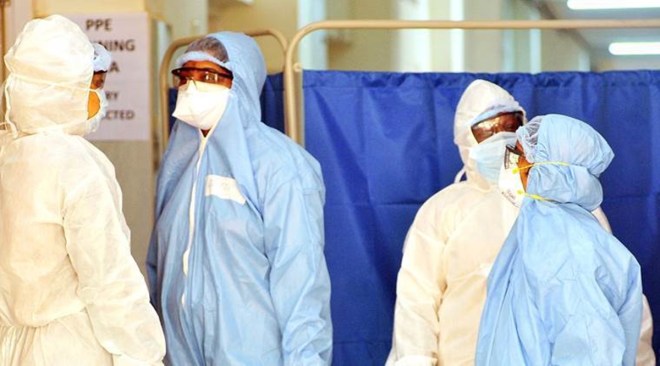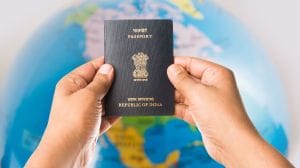ICMR’s deputy director Dr Raman B Gangakhedkar had, in April, said that as many as 80% of India’s Covid-19 cases could be asymptomatic, suggesting that identifying the infected by their symptoms would be impossible. A new study by ICMR, of over a million tests done between January 22 and April 30, leaves you none the wiser, indeed it adds to the confusion.
Equally important, it makes it clear contact tracing — tracing the individuals who are at risk because they met the infected person, and can spread the disease — is erratic and, in most states, inadequate. That could be one reason for why infections are spreading so fast despite 54 days of a stringent lockdown.
The study, released last Saturday, says that 28% of the 40,184 people who were infected till April 30 were asymptomatic. The number was 2.8% for healthcare workers who had come into contact with confirmed cases without adequate protection.
But before you conclude that under 30% of infected persons are asymptomatic, it appears as high as 44.2% of cases are labelled ‘unspecified’. This means that while these people were asymptomatic at the time they were tested, there was not enough follow-up to check if they turned symptomatic in the following weeks. Had the follow-up been rigorous, India would be in a better position to say if community transmission has become a reality. As for contact tracing, the study found that while, on average, 20.4 persons were traced for every confirmed case, the number was a mere 7.6 for Maharashtra – 8.9 for Delhi – versus 93 for Karnataka and 40.4 for Kerala and 149 for Odisha.









